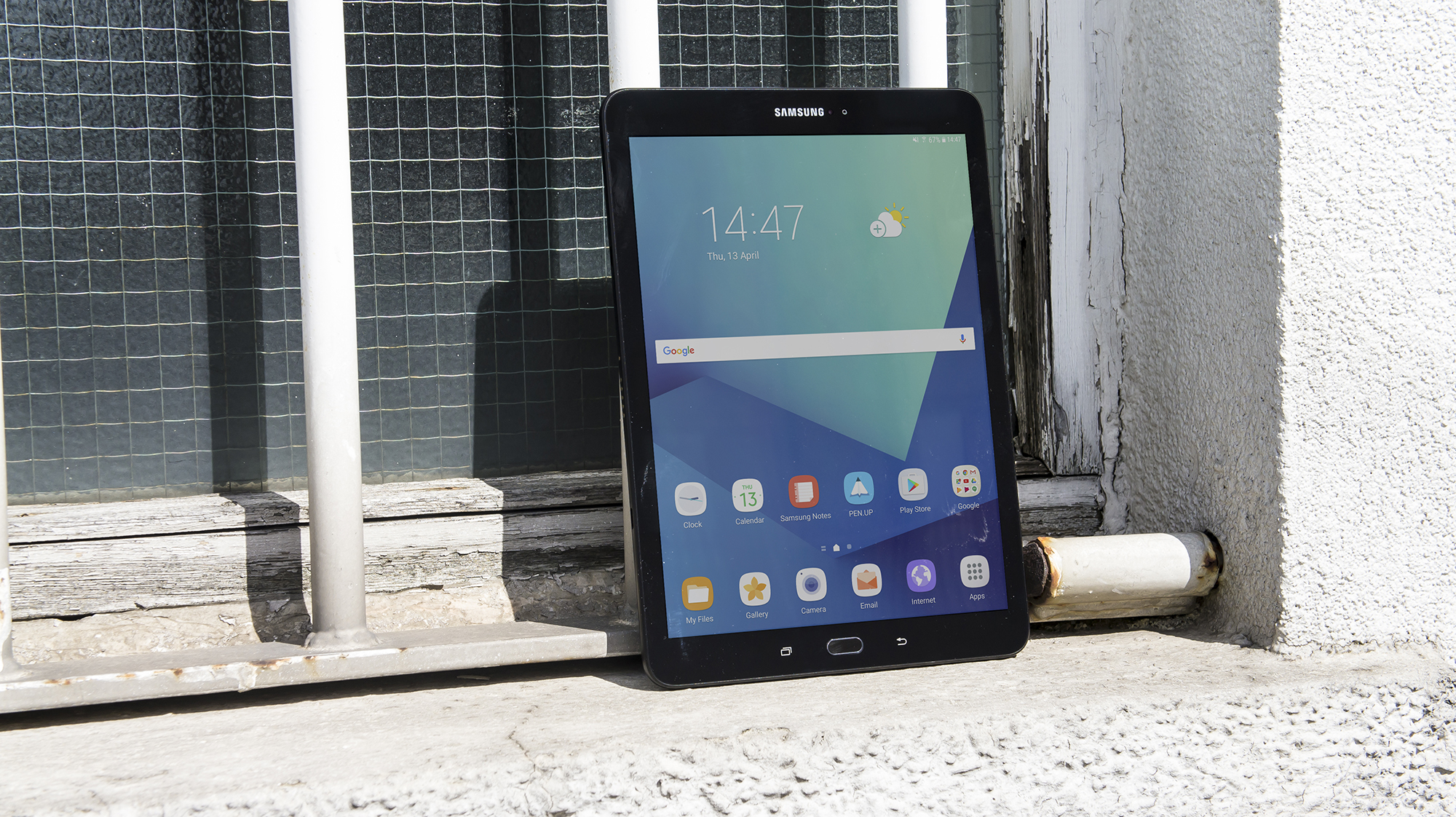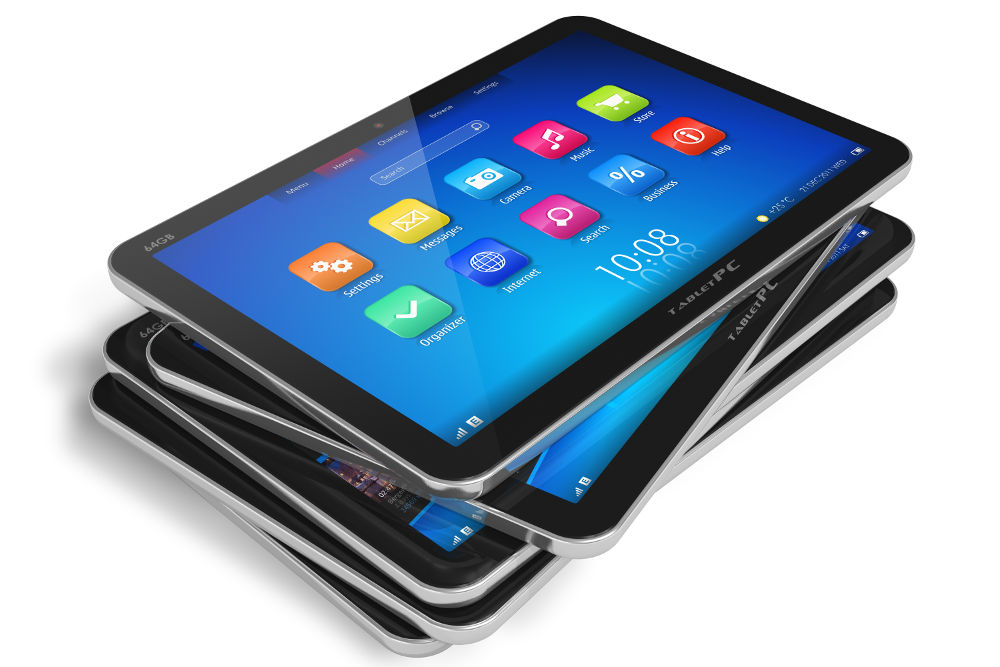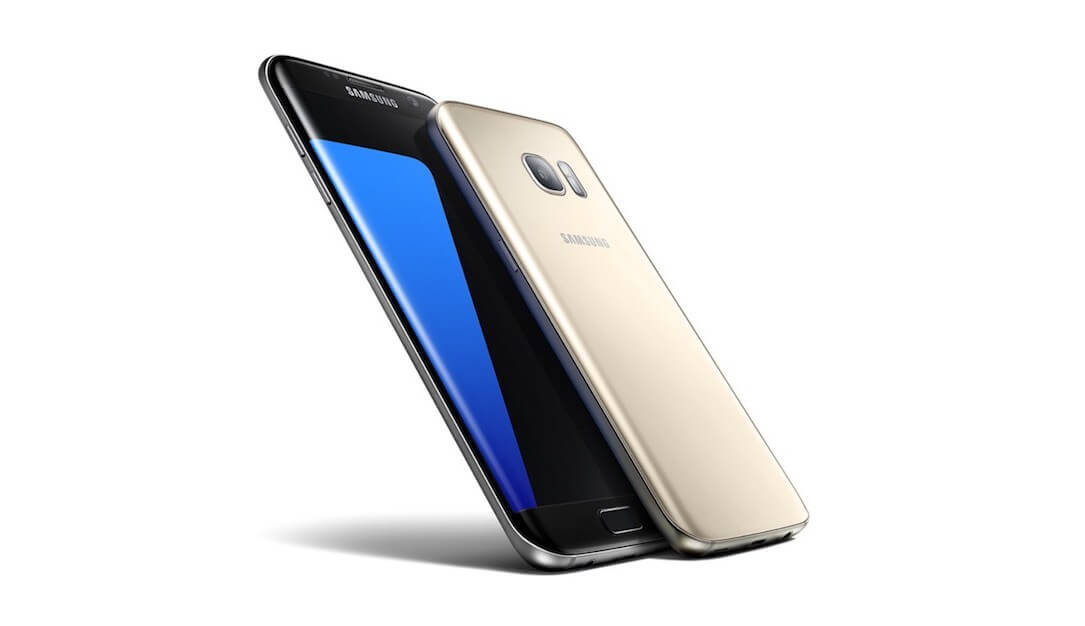Android snatches over half of smartphone sales in Q3
Android smashes the competition in the third quarter, as Apple sees an iPhone sales dip.


Google's Android OS has taken a dominant position in the smartphone market, achieving 52.5 per cent market share in sales to end users in the third quarter.
The OS doubled its share, up from 25.3 per cent in the third quarter of 2011, whilst Apple, RIM and Microsoft all saw their mobile operating systems lose ground, Gartner reported.
"Android benefited from more mass-market offerings, a weaker competitive environment and the lack of exciting new products on alternative operating systems such as Windows Phone 7 and RIM," said Roberta Cozza, principal research analyst at Gartner.
"Apple's iOS market share suffered from delayed purchases as consumers waited for the new iPhone. Continued pressure is impacting RIM's performance, and its smartphone share reached its lowest point so far in the US market, where it dropped to 10 per cent."
Google has been helped out by Samsung, which became the number one smartphone seller worldwide. The South Korean giant saw its sales to end users triple year-over-year to hit 24 million.
Android benefited from more mass-market offerings, a weaker competitive environment and the lack of exciting new products on alternative operating systems.
Android recently overtook Apple's iOS to become the world's biggest mobile app seller in the second quarter.
Sign up today and you will receive a free copy of our Future Focus 2025 report - the leading guidance on AI, cybersecurity and other IT challenges as per 700+ senior executives
Apple may have lost ground, seeing a three million drop in iPhone sales from the second quarter, but analysts expect the iPhone 4S, 4 and 3GS to steal some market share back from Android.
Symbian continued its rapid decline losing over half of its market share, whilst Microsoft didn't fair much better despite major manufacturers signing license deals for Windows Phone 7. The Redmond giant's market share fell from 2.7 per cent to 1.5 per cent.
However, the release of the Nokia Lumia 800 and the strong marketing push surrounding the phone could boost Microsoft's position in the market.
Nokia remained the number one seller of mobile devices overall, although its market share declined again, from 28.2 per cent to 23.9 per cent year-over-year.
Overall smartphone sales to consumers hit 115 million in the third quarter, up 42 per cent from the same period last year. Mobile devices grew just 5.6 per cent, indicating the tipping point, where more users have smartphones than feature phones, is coming soon.
Tom Brewster is currently an associate editor at Forbes and an award-winning journalist who covers cyber security, surveillance, and privacy. Starting his career at ITPro as a staff writer and working up to a senior staff writer role, Tom has been covering the tech industry for more than ten years and is considered one of the leading journalists in his specialism.
He is a proud alum of the University of Sheffield where he secured an undergraduate degree in English Literature before undertaking a certification from General Assembly in web development.
-
 Trump's AI executive order could leave US in a 'regulatory vacuum'
Trump's AI executive order could leave US in a 'regulatory vacuum'News Citing a "patchwork of 50 different regulatory regimes" and "ideological bias", President Trump wants rules to be set at a federal level
-
 TPUs: Google's home advantage
TPUs: Google's home advantageITPro Podcast How does TPU v7 stack up against Nvidia's latest chips – and can Google scale AI using only its own supply?
-
 Red Hat and Samsung agree landmark software deal to develop next-gen storage
Red Hat and Samsung agree landmark software deal to develop next-gen storageNews The partnership is a first for Samsung as the companies commit to developing memory software designs that can keep up with emerging tech
-
 The IT Pro Products of the Year 2019: All the year’s best hardware
The IT Pro Products of the Year 2019: All the year’s best hardwareBest Our favourite equipment from the past 12 months
-
 Best business smartphones: The top handsets from Apple, Samsung, Google and more
Best business smartphones: The top handsets from Apple, Samsung, Google and moreBest The best business smartphones on the market today packed with work-focused features you need
-
 Samsung Galaxy S5: Top 16 tips and tricks
Samsung Galaxy S5: Top 16 tips and tricksTutorials Get the most out of your Galaxy S5
-
 Samsung Galaxy Tab S3 review
Samsung Galaxy Tab S3 reviewReviews The best Android tablet around - but it’s still not a match for the iPad
-
 Tablet market falls 15% as low-cost devices lead sales
Tablet market falls 15% as low-cost devices lead salesNews Weakened market caused by 'low-cost detachables" sees third-quarter tablet sales fall by 15%
-
 Apple re-awarded $120m in Samsung spat
Apple re-awarded $120m in Samsung spatNews Judge rules in favour of Apple in latest round of patent infringement bout
-
 Samsung Galaxy S7/S7 Edge price, features and specs: Samsung Galaxy overtakes Apple iPhone US sales
Samsung Galaxy S7/S7 Edge price, features and specs: Samsung Galaxy overtakes Apple iPhone US salesRumours Galaxy S7 beats iPhone 6s shipments in American market
